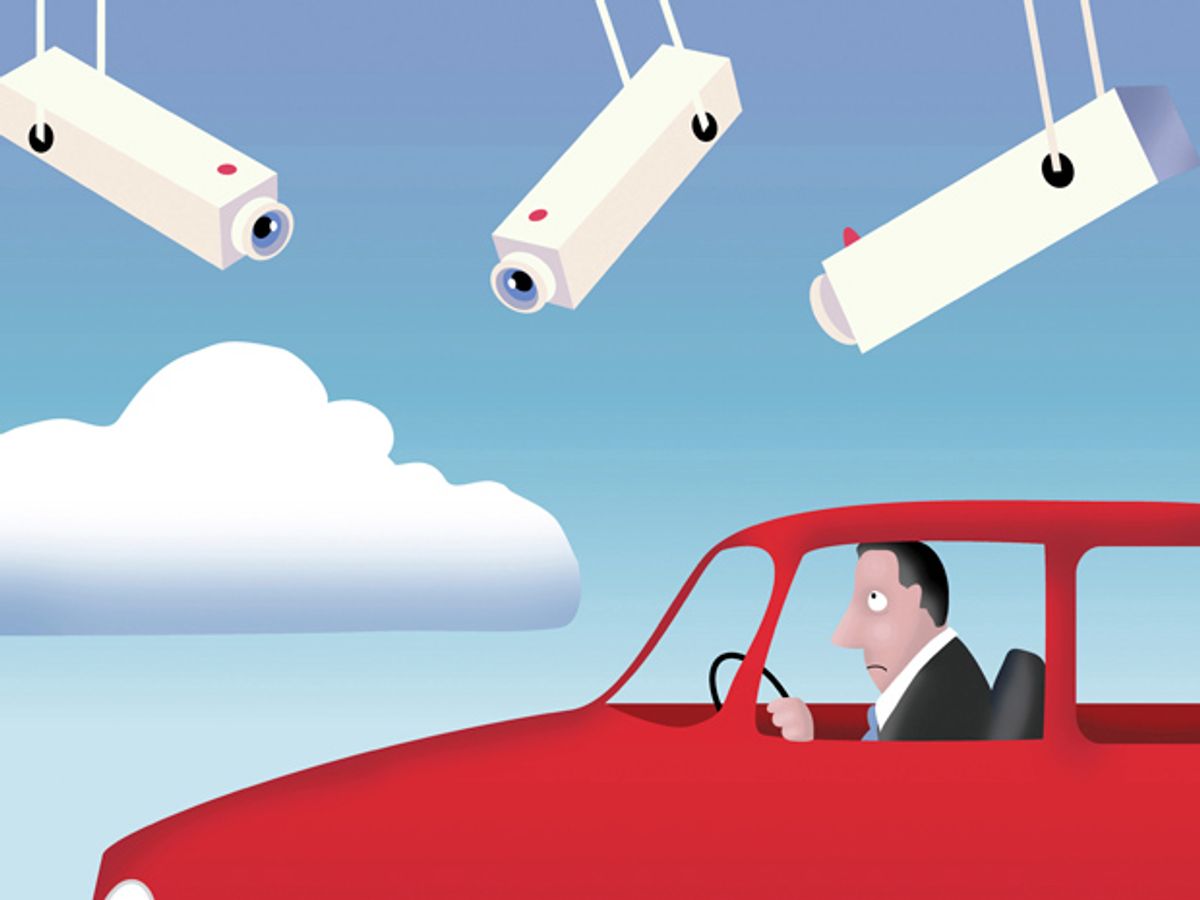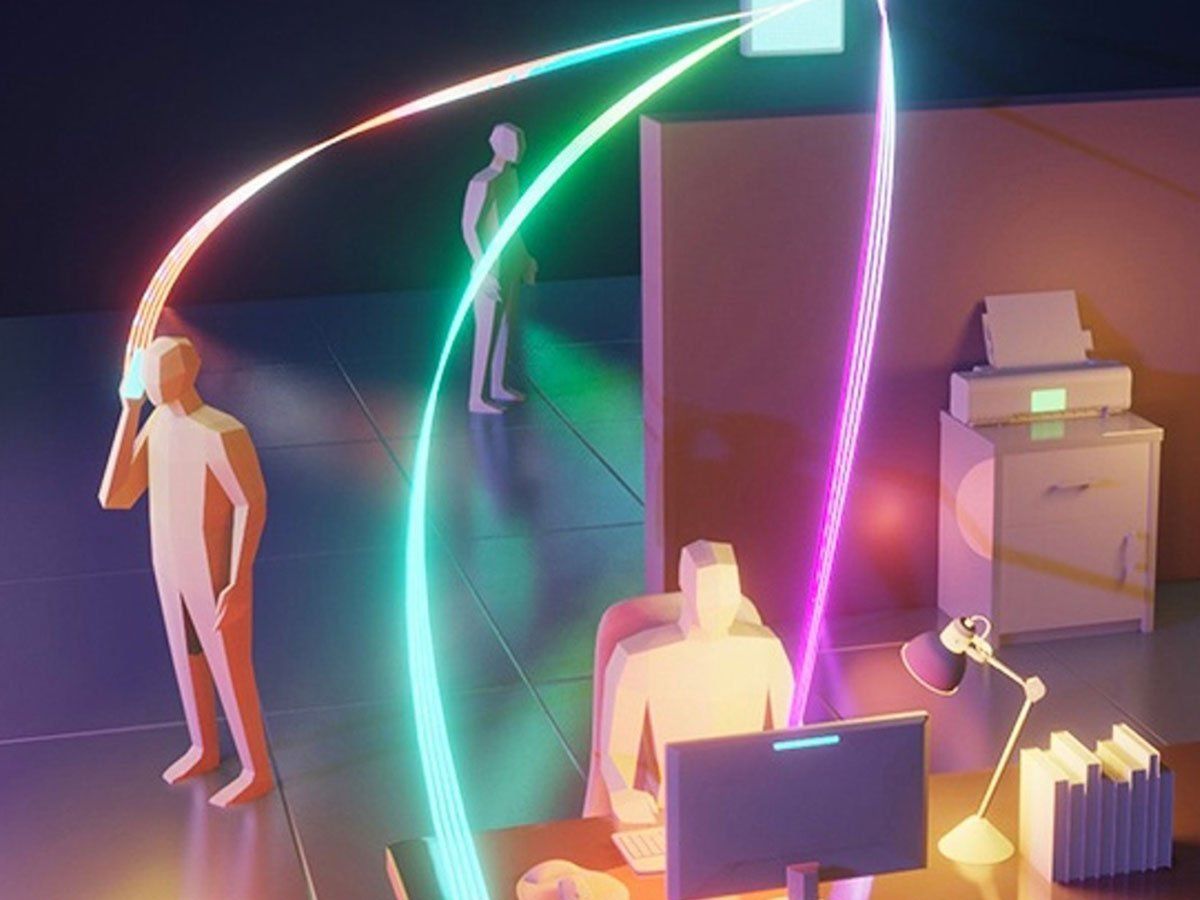Government narcotics agents have secretly built a database of “hundreds of millions of records” on the movement of cars in the United States, the Wall Street Journal reports. The information, originally meant to help steer police toward suspects in drug-smuggling cases, is now used in kidnapping cases and other crimes.
An important point of the program is to confiscate cars and other assets of people suspected of crimes. Such civil forfeiture, as it is called, is controversial in part because it has far fewer safeguards against abuse than punishments made in criminal cases. Whether the car-tracking intelligence program is supervised by the courts remains unclear, the Journal says.
It had already been known that the Drug Enforcement Agency (DEA) tracked the license plates of cars coming in from Mexico. The news is that the agency, together with state and local authorities, is also conducting surveillance on major highways elsewhere in the country.
According to the Journal, highway cameras not only note the time, direction and location of vehicles but also record “visual images of drivers and passengers, which are sometimes clear enough for investigators to confirm identities, according to DEA documents and people familiar with the program.” Earlier, the agency had held on to such data for two years, but it says it now deletes it after three months.
The newspaper says it bases its account on interviews with government officials and on government documents, some supplied by the American Civil Liberties Union, which had obtained them under the Freedom of Information Act.
In scope and intent the program resembles another recently uncovered surveillance program of the U.S. Marshalls Service, one that uses airplanes to scoop up information on cell phones across the country. Both the DEA and the Marshalls Service are part of the U.S. Justice Department.
Philip E. Ross is a senior editor at IEEE Spectrum. His interests include transportation, energy storage, AI, and the economic aspects of technology. He has a master's degree in international affairs from Columbia University and another, in journalism, from the University of Michigan.



